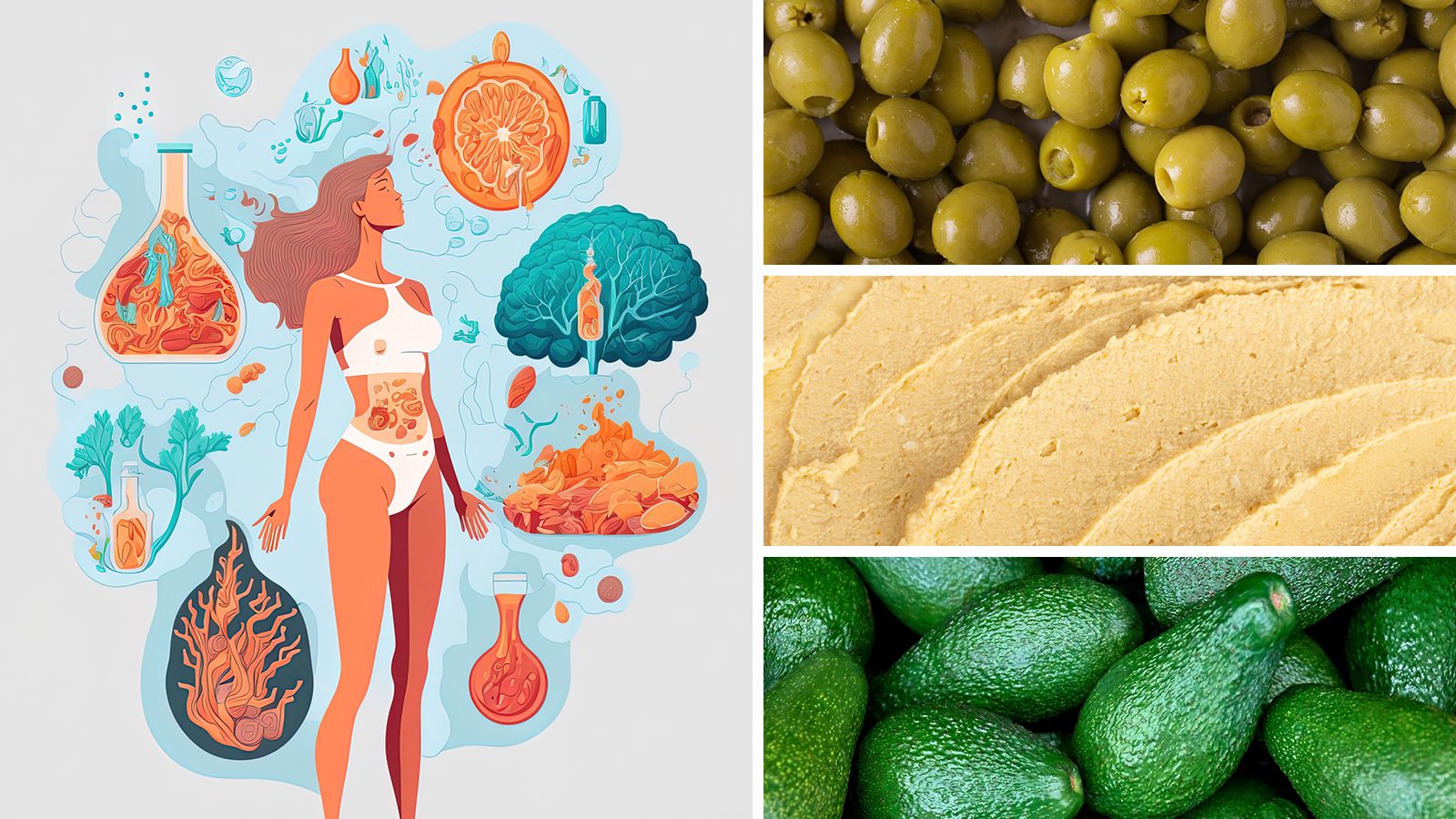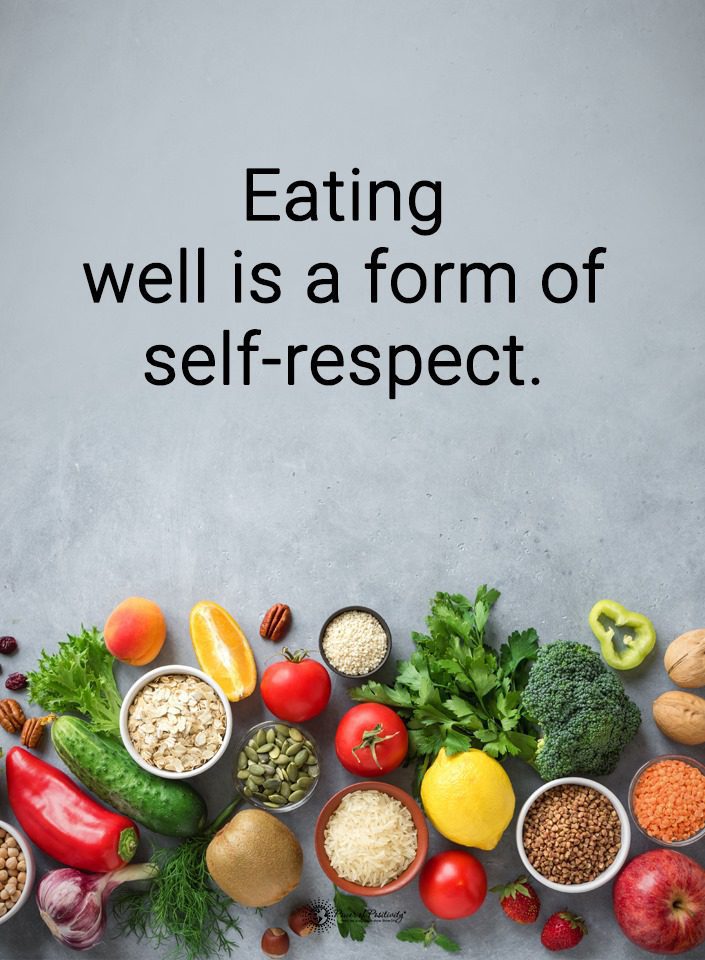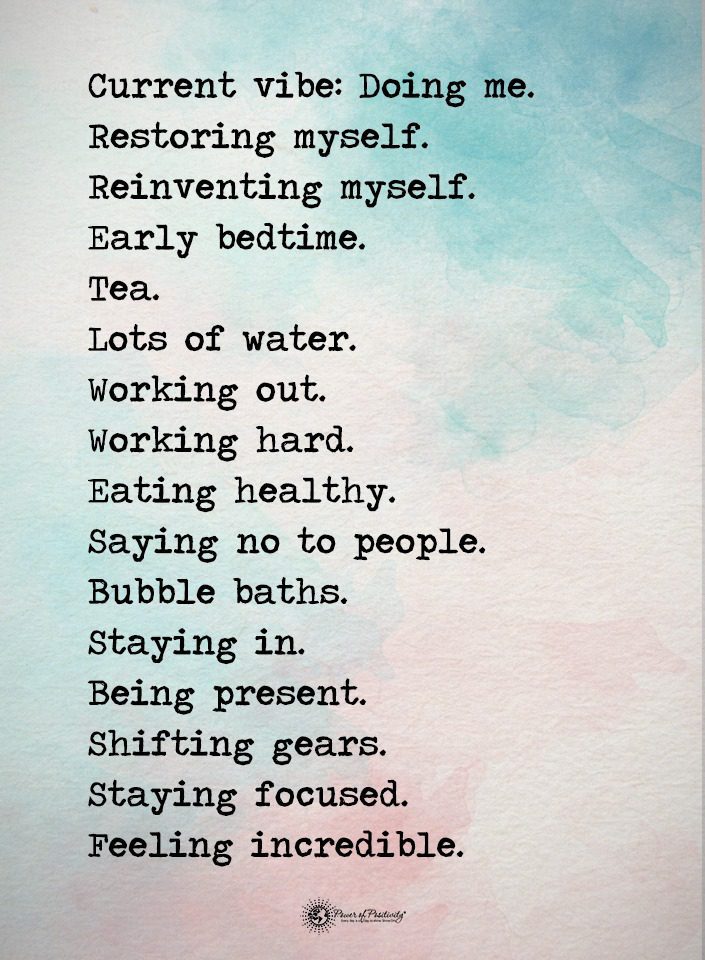Our dietary choices can promote disease or health in our minds and bodies. Sadly, many modern meals have ingredients and additives you wouldn’t find in nature, causing inflammation and low energy. However, eating foods closest to their source results in vitality, positive mental and physical health, and spiritual wellness.
Nature intended us to eat fruits, vegetables, and grains exposed to ample sunshine, not created in labs devoid of prana, or life force. Therefore, if we want to create wellness instead of disease, it makes sense to receive our nourishment from the earth rather than packaged items.
We survived for millennia eating foods that grew in the great outdoors and that our bodies could assimilate adequately. Modern foods contain ingredients you would never find in unprocessed items like fruits, vegetables, nuts, seeds, and grains. So our bodies view these altered meals as foreign objects, creating inflammation to fight invaders. While processed diets provide some nutrients and calories, they cause far more harm than good.
Scientists have linked convenience items such as deli meats, sugary drinks, and fried cuisines to cancer, Alzheimer’s disease, and numerous other illnesses. These meals disrupt the currents of prana in the mind and body, creating the perfect environment for diseases to thrive. However, incorporating certain foods, such as hummus, olives, nuts, raw vegetables, avocados, and seaweed chips, can help boost energy levels and improve overall health.
6 Whole Foods to Give You an Energy Boost
According to science, these six foods will replenish your energy reserves all day.
1. Hummus
Add hummus to your diet if you want more energy throughout the day. This delicious food made from chickpeas makes a great addition to Mediterranean power bowls, salads, wraps, and dips. You can enjoy hummus as a snack with crackers or pita bread or as a topping for your favorite dinner. Hummus contains plentiful fiber and protein thanks to the main ingredient, chickpeas.
A protein-rich diet can increase satiety and vitality by reducing the hunger hormone ghrelin levels. Both protein and fiber take longer to digest than simple carbohydrates and promote stable blood sugar, giving you balanced energy throughout the day.
Studies show that hummus and chickpeas can lower your risk of developing heart disease, type 2 diabetes, and obesity. In addition, those who follow traditional Middle Eastern or Mediterranean diets, which consider hummus a staple, have fewer respiratory, kidney, and neurodegenerative disease instances.
2. Olives
Olives also provide ample energy for the mind and body due to their antioxidants, monounsaturated fats, and vitamin E content. They contain a monounsaturated fat called oleate, which studies show can reduce inflammation, heart disease, and cancers compared to a diet high in refined carbohydrates.
Antioxidants and vitamin E in olives can also lower inflammation and increase energy levels. Vitamin E contains biologically active substances called tocopherols, which help protect the body from free radical damage and boost immunity. Olives are also rich in other antioxidants like hydroxytyrosol, tyrosol, and oleanolic acid, which reduce inflammation and cancer risk and improve heart health.
You can eat olives by themselves or add them to salads, tapenades, pizza with cauliflower crust, or sandwiches.
3. Nuts (one of the easiest to carry with you snack foods!)
To increase your energy and overall health, consider eating more nuts. Nuts contain plenty of healthy fats, protein, and Vitamin E to help stave off hunger and maintain balanced blood sugar. Even though nuts such as walnuts and almonds are high in fat and calories, some studies show they may aid weight loss and reduce waist size. Because they satisfy hunger due to their energy density, nuts are an excellent choice for a snack.
Other studies show that the vitamin E found in nuts can fight free radical damage, reduce oxidative stress, and boost cognitive function. The brain accounts for about 20% of the body’s energy use throughout the day, so eating foods like nuts is crucial for mental clarity. The protein in nuts, particularly almonds, pistachios, and peanuts, also increases brain function and satiety levels. Add them to salads, meats, or rice dishes, or grab a handful to snack on during your workday.
4. Raw Vegetables
Raw vegetables are significant sources of fiber, vitamins, and minerals. However, when raw, cruciferous veggies like broccoli, cauliflower, kale, and Brussels sprouts don’t digest well. If you want a quick snack at work or school, pack a bag of carrots or celery since these are easier on the stomach. For meals, you can always steam, sautè, or roast cruciferous and root vegetables when you have more time to enjoy them.
The fiber, vitamins, and minerals in vegetables help sustain energy levels and nourish your mind and body. Vegetables with abundant nutrients and fiber include sweet potatoes, broccoli and other cruciferous veggies, butternut squash, artichokes, parsnips, and beets. Some ideas for incorporating raw vegetables into meals or snacks include hummus and carrots, roasted sweet potato fries, and broccoli & sweet potato Buddha bowls.
5. Avocados
Avocados contain healthy fats, potassium, and fiber, which help prevent disease and reduce inflammation. Foods such as avocados also improve mental and physical energy since they are rich in monounsaturated fatty acids, which enhance cognition and memory. Around 80% of the carbohydrates in avocados come from fiber, resulting in increased satiety and sustained energy levels.
Finally, one-half of an avocado contains more potassium than an entire medium banana, providing roughly 487 mg of potassium. This vital mineral acts as an electrolyte in the body, balancing fluid levels within cells, regulating muscle contractions, and sending nerve signals.
Avocados are one of the most versatile foods you can eat, making an excellent addition to salads, smoothies, Mexican dishes, and more. You can also enjoy them as a snack with baked chips or on whole-grain toast.
6. Seaweed Chips
You may eat seaweed chips infrequently, but they make a tasty snack packed with essential vitamins and minerals. Seaweed contains significant amounts of iodine, a necessary mineral for thyroid regulation and energy production. One type of seaweed called kombu provides more iodine than any other seaweed variety, with one gram containing up to 2,984 mcg of iodine.
Roasted seaweed also offers an excellent source of prebiotics – plant fibers that promote healthy gut bacteria. When your gastrointestinal system functions optimally, you’ll have ample energy to perform all your duties. Most people eat seaweed chips as a snack, but you can also sprinkle them on salads and sushi bowls.
Final Thoughts on Healthy Foods to Sustain Energy on Your Busiest Days
Doctors suggest that healthy people rely on avocados, seaweed, hummus, olives, raw veggies, and nuts to sustain energy. You can find these items at almost any grocery store and pack them in your lunch for a nutritious snack. You can enjoy better mental and physical health by incorporating energy-boosting foods into your diet. Improving energy levels with whole foods begins by adding these heart-healthy, anti-inflammatory items into your meals.

















 Community
Community

